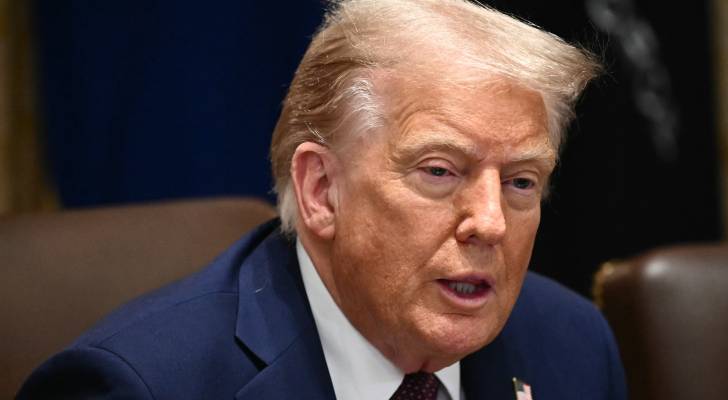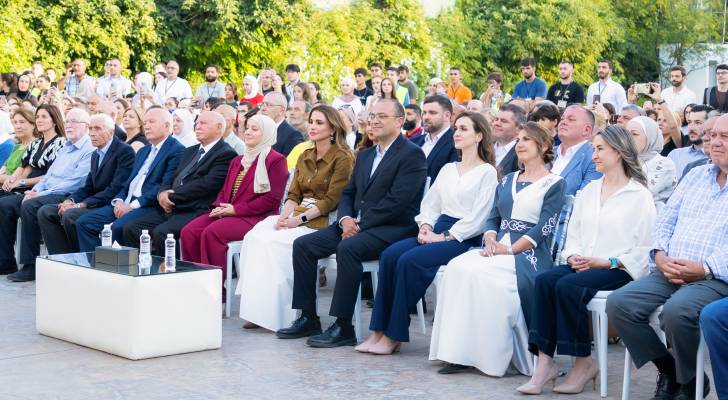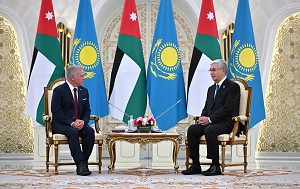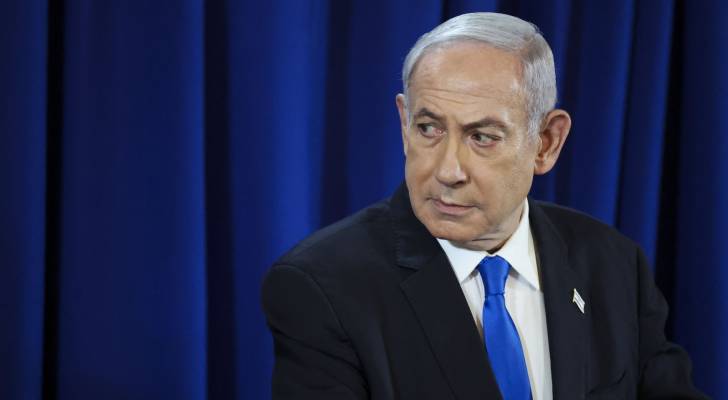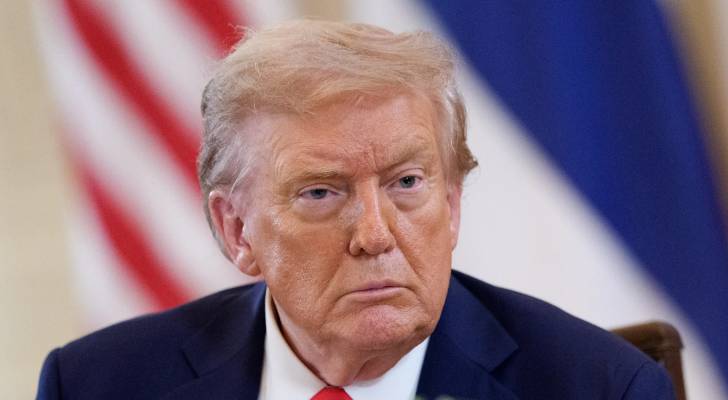Lebanon and the Possible Scenarios - By Dr. Nassif Hitti, Asharq Al-Awsat
Tensions in Lebanon are rising, and with them, political schisms are deepening, following the Lebanese government’s decision to establish a state monopoly on arms. This comes amid an increasingly heated regional climate, particularly in Lebanon’s immediate neighborhood.
Israel's political discourse, and its military and repressive actions on the ground in Gaza and the West Bank, suggest that escalation is a strong possibility. These developments inevitably leave their mark, though potentially indirectly, on the situation in Lebanon, which has always been hostage to its political geography.
The Lebanese state’s decision, which was approved by both the president and the government, is a crucial step. Indeed, it is crucial for reviving the logic of state authority at the expense of what are often called “de facto powers,” within the de facto configuration of sectarian politics that shapes Lebanon’s political reality.
The monopoly on arms, and along with it the monopoly over decisions of war and peace, is an essential requisite for reaffirming statehood after it had been absent or eclipsed for nearly five and a half decades, though to varying degrees. During this time, it was usurped by different Lebanese and foreign actors, either directly or through local proxies, under multiple banners and at different stages.
The Taif Accords, having learned the lessons of past wars to introduce a new phase in Lebanon, emphasized the need to extend state authority across Lebanon’s territory. Sovereignty, it should be recalled, is not discretionary nor relative, it cannot be shared with de facto forces in parts of a country, regardless of these forces’ size, representation, or their ideological and political slogans.
Before the liberation of May 2000, armed resistance was natural. It enjoyed broad support and solid national legitimacy. Israel’s 2006 war of destruction came in response to the Truthful Promise Operation, when Israeli soldiers were kidnapped by Hezbollah. The party later admitted through its secretary-general: “Had I known that the operation came after the rules of engagement had changed since liberation, I would not have carried it out, for it gave Israel the pretext it needed to launch its destructive war.”
Hezbollah’s “support war” (or the “unity of the fronts” war) launched in 2023 - though it had been limited in scope at first - similarly provided Israel with a pretext for a large-scale war of destruction against Lebanon. This war continues unilaterally, with potential for escalation since the ceasefire agreement of last November.
Despite the principled solidarity shown toward Gaza in the Arab world, Lebanon should not have been dragged into a war for regional strategic objectives. The Lebanese people are paying for “the wars of others.”
The current deadlock, and the open-ended risk of escalation following Hezbollah’s firm and sharp rejection, of the government’s decision in both tone and substance (a decision backed by its partner in the “Shiite duo,” albeit from a different perspective), coupled with Hezbollah’s menacing rhetoric, leaves Lebanon before the following scenarios:
First: Sliding into civil war: some fear it and others threaten it. In my estimation, this scenario is unlikely, even if sporadic skirmishes erupt should the trajectory of escalation continue. No Lebanese political faction has an interest in such a war, nor the capacity to enter the tunnel of a conflict that leads to the unknown. Based on the lessons of the past, and given that all these forces would lose in such a war, I consider it far-fetched.
Second: A political crisis triggered by the resignation of the Shiite duo’s ministers from government. The duo believes such a step would strip the government of its national legitimacy, while others believe it would merely undermine this legitimacy. Either way, such a step would severely weaken the government’s political and practical capacity to implement its decision on monopolizing arms.
Lebanon would then enter an open-ended crisis. Attempts at containment, de-escalation, and “saving-face,” would be made to find a compromise that allows all sides to return to negotiations over the implementation of the government’s decision, which (in light of the government’s insistence and the domestic and foreign support behind it) there is clearly no turning back form.
Third: Dialogue within the government, which officials call “executive” talks and the Shiite duo call “principled.” “Friendly and concerned states” would offer certain guarantees to those seeking them, in order to prevent a major political explosion. This would amount to kicking the can down the road, perpetuating tensions that could lead to oscillation between escalation and containment on the difficult road toward some form of solution.
The second or third scenarios could lead to a search for a “new Doha Agreement,” backed by foreign actors, some familiar and others new to the role. Such a framework would give rise to new arrangements, even if the roles and positions of the Lebanese parties shift in the process. This could facilitate the implementation of the decision on arms as part of a broader package of solutions.
However, I believe that Lebanon’s friends, the foreign states and invested in its stability, should press Israel to change its behavior rather than pursuing the arduous path toward a new Doha Agreement, which would be more difficult to achieve today. Indeed, pursuing the latter risks further tensions amid deadlock, and given their leverage and influence over Israel, these states could compel Israel to finalize its withdrawal from the five sites it occupies and to ratify a border demarcation agreement in line with the 1949 Armistice Agreement. This would, in turn, ease the implementation of the decision.
In sum, Lebanon today stands at a crossroads. Wasting more time creates risks. It must embark on the path to statehood and ensure that the Lebanese state reclaims its most essential and defining role: monopolizing arms and the right to decide questions of war and peace.
Further delay will only raise the cost of rebuilding the state and its capacity to carry out its functions (political, economic, and social) - roles that serve the interests of all Lebanese communities. However, the key requisite for achieving this remains the state playing the essential roles and fulfilling the basic national responsibilities outlined above.
